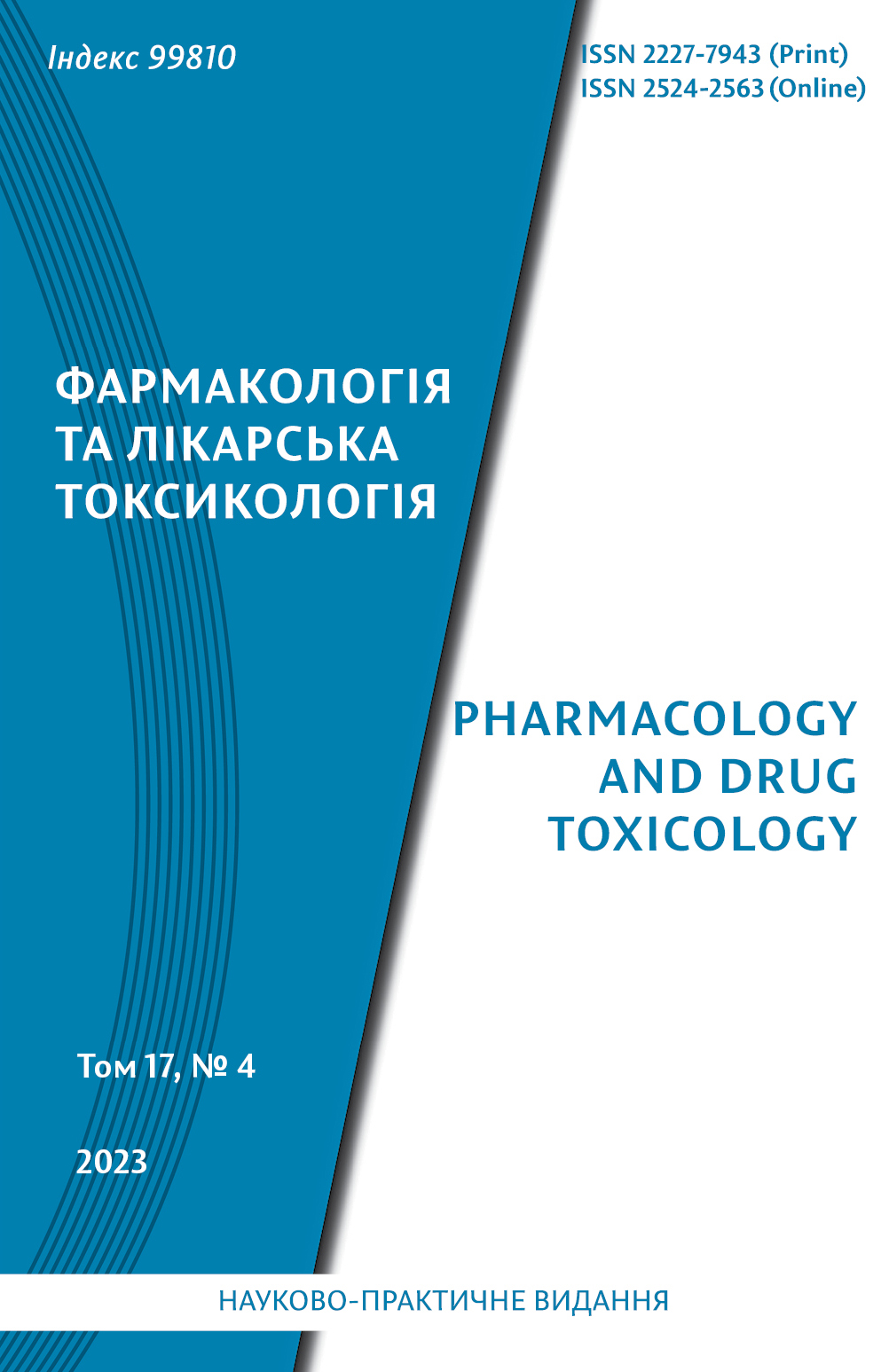Abstract
Cold injury is an important problem today. It currently affects the military, athletes, tourists, etc. The role of sexual factors in the body's resistance to cold is virtually unexplored. A wide range of drugs is used in the treatment of cold injury, among which glucosamine hydrochloride has shown the most pronounced frigoprotective effect.
The aim of the study – to determine experimentally the survival characteristics of male and female mice at extremely low temperatures and to assess the sex determination of the protective effect of glucosamine hydrochloride under conditions of acute general cooling (AGC).
The experiments were performed on white nonlinear sexually mature and castrated mice. Experimental AGC was modelled in a refrigerator at –18 °C. Glucosamine hydrochloride was administered intragastri- cally at a dose of 50 mg/kg 60 minutes before the AGC. The life expectancy of animals was determined. Statistical processing was performed in the software «STATISTICA 6.0» using standard biometric methods. Differences at p < 0.05 were considered significant.
The results showed that female mice are more resistant to AGC, as the average life span was 38.1% longer than that of males. The leading role in the manifestations of sex differences belongs to gonadal hormones, since castration increased the life expectancy of males and decreased it in females. Pretreat- ment with glucosamine hydrochloride prolonged the survival under the AGC to a greater extent in males than in females, levelling out sex differences in the average life expectancy of animals. The effect of this compound on castrated mice was almost the same.
In conclusion, sex differences in the resistance of animals to acute cold injury, which may be due to the influence of gonadal hormones, have been revealed. Glucosamine hydrochloride has a protective effect in mice of both sexes, but to a greater extent in males, with the sex difference in survival being levelled. The increased sensitivity to the protective effect of glucosamine under conditions of AGC in male animals requires further in-depth studies.
